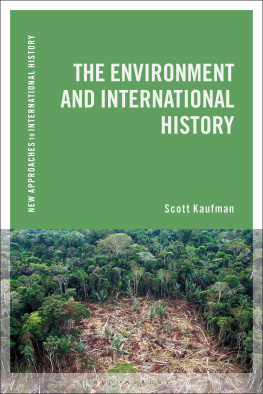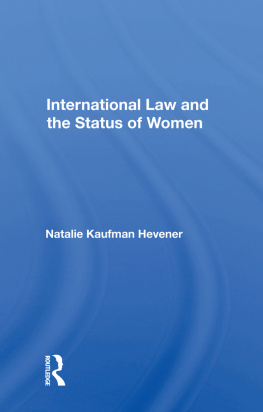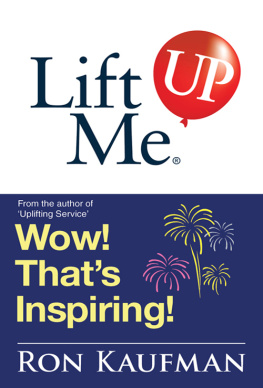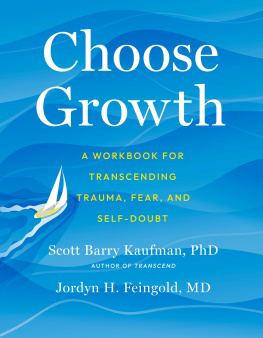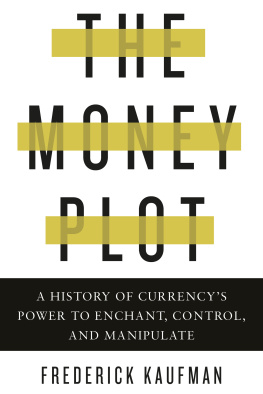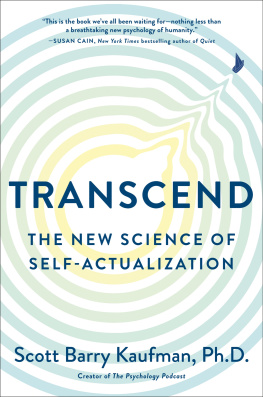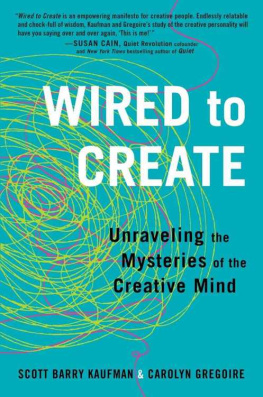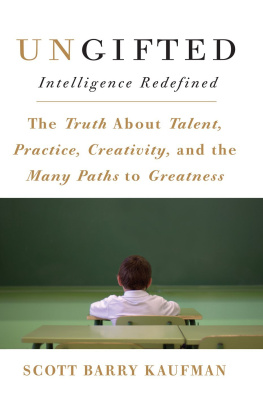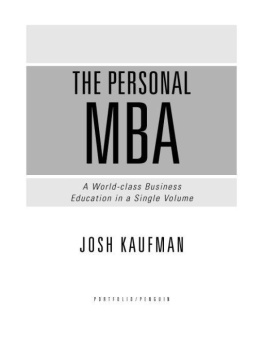Scott Kaufman - The Environment and International History
Here you can read online Scott Kaufman - The Environment and International History full text of the book (entire story) in english for free. Download pdf and epub, get meaning, cover and reviews about this ebook. year: 2018, publisher: Bloomsbury Academic, genre: Politics. Description of the work, (preface) as well as reviews are available. Best literature library LitArk.com created for fans of good reading and offers a wide selection of genres:
Romance novel
Science fiction
Adventure
Detective
Science
History
Home and family
Prose
Art
Politics
Computer
Non-fiction
Religion
Business
Children
Humor
Choose a favorite category and find really read worthwhile books. Enjoy immersion in the world of imagination, feel the emotions of the characters or learn something new for yourself, make an fascinating discovery.
- Book:The Environment and International History
- Author:
- Publisher:Bloomsbury Academic
- Genre:
- Year:2018
- Rating:5 / 5
- Favourites:Add to favourites
- Your mark:
- 100
- 1
- 2
- 3
- 4
- 5
The Environment and International History: summary, description and annotation
We offer to read an annotation, description, summary or preface (depends on what the author of the book "The Environment and International History" wrote himself). If you haven't found the necessary information about the book — write in the comments, we will try to find it.
The Environment and International History — read online for free the complete book (whole text) full work
Below is the text of the book, divided by pages. System saving the place of the last page read, allows you to conveniently read the book "The Environment and International History" online for free, without having to search again every time where you left off. Put a bookmark, and you can go to the page where you finished reading at any time.
Font size:
Interval:
Bookmark:

Hermann Von Wissmann. Credit: Dreamstime . |
Cutting into a sperm whale, 1903. Credit: Library of Congress . |
Giraffe on Southern game reserve, Kenya colony. Public domain: Edith Matson Photograph Collection. Credit: Library of Congress. |
Looking across the DMZ, Korea. Credit: Dreamstime . |
Rachel Carson. Credit: U.S. Fish and Wildlife Service . |
Desertification caused by overgrazing. Credit: Dreamstime . |
The ghost city of Pripyat. Credit: Dreamstime . |
Fogging DDT spray to kill mosquitoes in Thailand, 2016. Credit: Dreamstime . |
The ship graveyard of the Aral Sea. Credit: Dreamstime . |
Adult and young minke whale brought aboard a Japanese whaling ship, 2008. Credit: Australian Customs and Border Protection Service. |
IN THE BLEACHERS 2016 Steve Moore. Reprinted with permission of ANDREWS MCMEEL SYNDICATION. All rights reserved. |
Font size:
Interval:
Bookmark:
Similar books «The Environment and International History»
Look at similar books to The Environment and International History. We have selected literature similar in name and meaning in the hope of providing readers with more options to find new, interesting, not yet read works.
Discussion, reviews of the book The Environment and International History and just readers' own opinions. Leave your comments, write what you think about the work, its meaning or the main characters. Specify what exactly you liked and what you didn't like, and why you think so.

